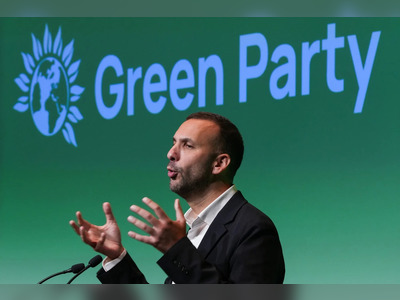0:00
0:00
EU Establishes Disinformation Code for Online Platforms, Omitting X
According to the Digital Services Act, the majority of significant online platforms are required to implement a formal disinformation code by July, with the exception of Elon Musk’s X.
On Thursday, the European Commission revealed that all significant online platforms, except for X, must formalize their voluntary commitments to combat disinformation under the Digital Services Act by July.
This action will incorporate the 2022 code of practice on disinformation into the DSA, serving as a standard for evaluating platform compliance.
The code, which was initially signed by forty-two companies such as Google, Meta, Microsoft, and TikTok, delineates various measures designed to enhance transparency in political advertising and improve collaboration during elections.
A senior official from the EU mentioned that while formalizing the code will facilitate compliance assessments, signing it does not imply legal immunity.
The Commission, which aimed to finalize this process by January, seeks to ensure that the new measures foster meaningful engagement rather than simply serving as a check-box exercise.
X opted out of the code following its acquisition by Elon Musk in 2022. The Digital Services Act came into effect in August 2023, and the Commission has already initiated multiple investigations into online platforms, including X, TikTok, and Meta’s Facebook and Instagram.
Recent efforts to formalize industry commitments to address illegal hate speech online have also been completed.
This action will incorporate the 2022 code of practice on disinformation into the DSA, serving as a standard for evaluating platform compliance.
The code, which was initially signed by forty-two companies such as Google, Meta, Microsoft, and TikTok, delineates various measures designed to enhance transparency in political advertising and improve collaboration during elections.
A senior official from the EU mentioned that while formalizing the code will facilitate compliance assessments, signing it does not imply legal immunity.
The Commission, which aimed to finalize this process by January, seeks to ensure that the new measures foster meaningful engagement rather than simply serving as a check-box exercise.
X opted out of the code following its acquisition by Elon Musk in 2022. The Digital Services Act came into effect in August 2023, and the Commission has already initiated multiple investigations into online platforms, including X, TikTok, and Meta’s Facebook and Instagram.
Recent efforts to formalize industry commitments to address illegal hate speech online have also been completed.











